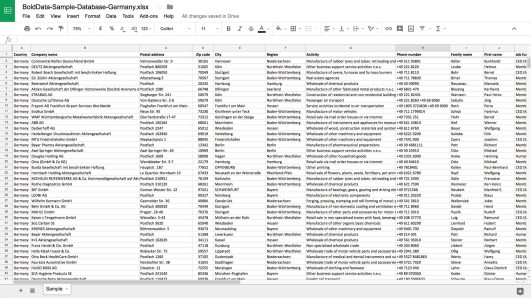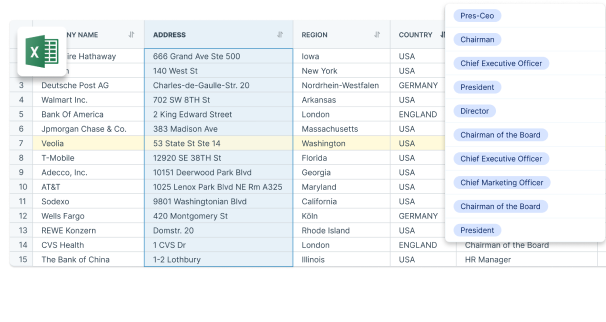When data breaches are rampant and personal information is bought and sold on the black market, it’s natural to wonder how long companies can keep your data. After all, the longer they keep it, the more vulnerable you become to identity theft and other privacy violations.
Until when can a company keep your data?
Unfortunately, there’s no easy answer to this question. The rules governing data retention can vary widely depending on the data type in question, the industry involved, and the country where the data is being held. However, we can provide some general guidelines that will help you better understand how long your data will likely be retained and what steps you can take to protect your privacy.
First and foremost, it’s important to recognize that many companies are required by law to retain certain types of data for a specified period of time. For example, healthcare providers must retain medical records for at least six years, while financial institutions must retain customer transaction data for at least five years. These retention periods are designed to ensure that companies have the information they need to meet regulatory requirements, respond to legal challenges, and defend themselves against lawsuits.
In addition to these legal requirements, many companies also have their own internal policies governing data retention. These policies can vary widely depending on the nature of the company’s business, the type of data they collect, and the security risks associated with that data. For example, a social media platform may retain user data indefinitely to build more accurate user profiles and serve more targeted advertisements. In contrast, a retail store may only retain customer purchase data for a few months to track inventory and analyze sales trends.
Protecting Privacy
So how can you protect your privacy in the face of all this data retention? The first step is to be aware of the data companies collect about you and how long they keep it. You can do this by reading through the company’s privacy policy and terms of service agreements and by asking the company directly if you have any concerns. If you feel that the company is retaining your data for too long or using it inappropriately, you can request that they delete it or stop collecting it altogether.
Another important step is to take proactive measures to protect your personal information. This can include using strong, unique passwords for each online account, enabling two-factor authentication wherever possible, and avoiding sharing sensitive information over unsecured Wi-Fi networks or public computers. Consider using privacy-enhancing tools such as virtual private networks (VPNs) or encrypted messaging apps to help keep your online activity private.
Ultimately, staying informed and vigilant is the best way to protect your privacy in an age of rampant data collection and retention. By taking the time to understand the data retention policies of the companies you interact with and by protecting your personal information, you can help safeguard your privacy and minimize the risk of identity theft and other privacy violations.
If you want legal, accurate, high-quality company data, you can buy from us at BoldData!
Contact us for free tailor-made advice about data privacy. Please call +31(0)20 705 2360 or send an e-mail to info@bolddata.nl.

